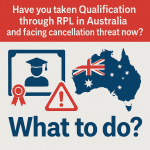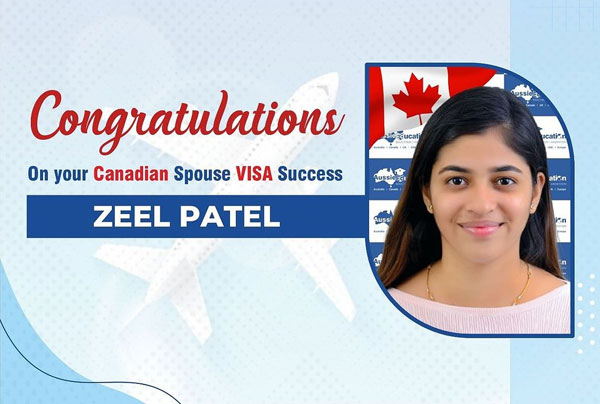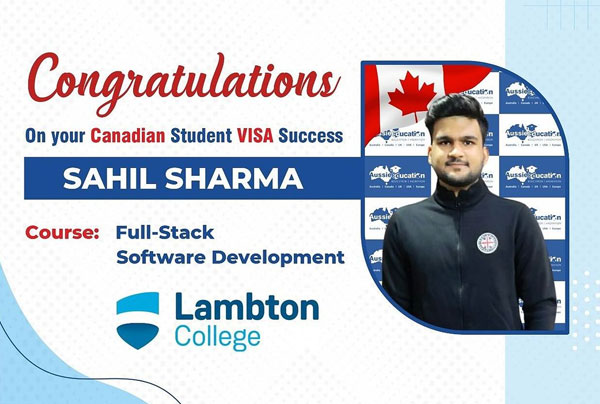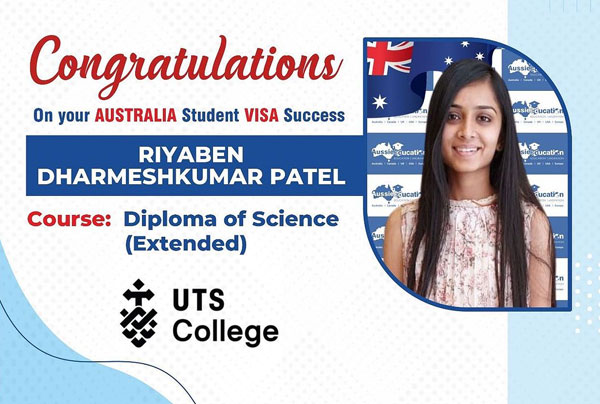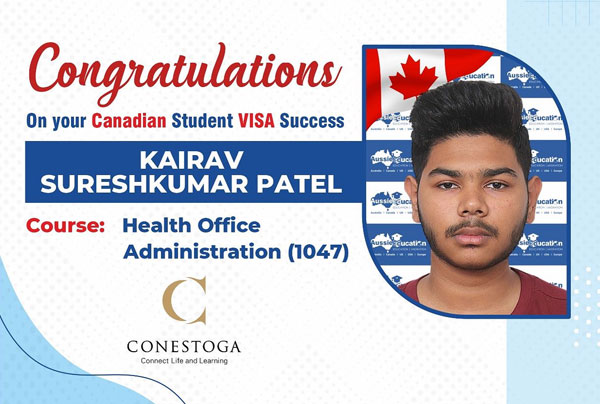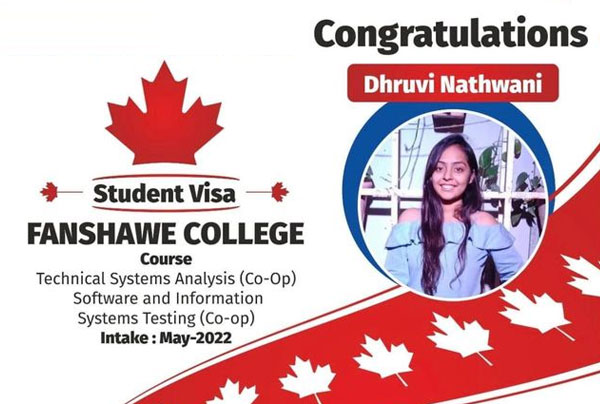“Fee After Visa” Scam: Its all around and still no one takes any action – Why? Lets understand exploitation of applicants and what’s next?
- Posted by
- admin<
- Categories
- Australian Visa news
- Australian Visa updates
- Lifestyle
- Managing Finances
- News Updates
- Student Visa
- Visa Application
- Work Visa
- Date
- 2 Jun 2025
- Comments
- 0
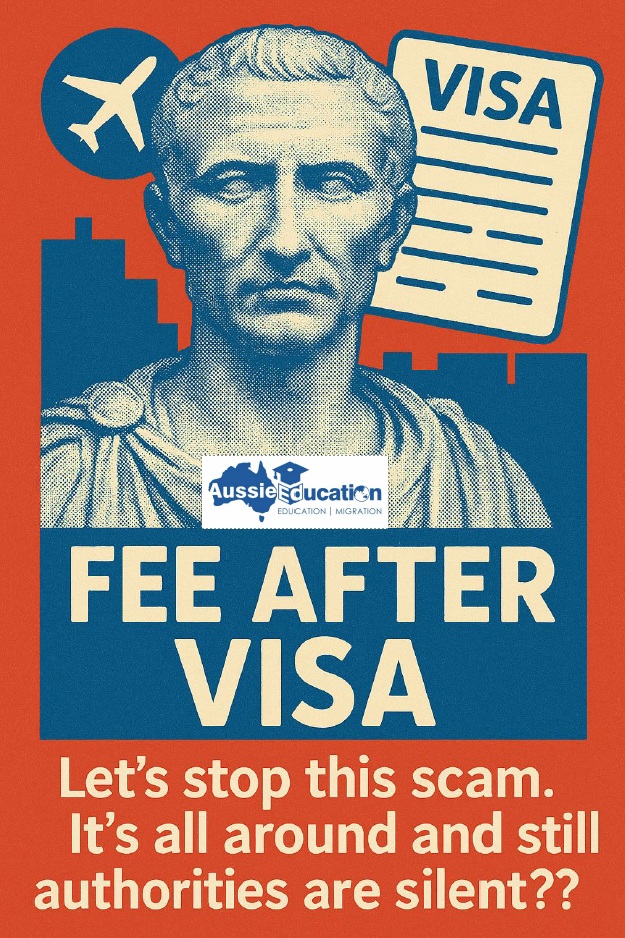
The ‘Fee After Visa’ Scam: An Alarming Exploitation of Aspiring Students in India from few of the biggest regions which send international students in big volumes to international destinations.
In recent years, the global dream of studying abroad—particularly in countries like Australia, Canada, the UK, and others—has become a powerful aspiration for thousands of Indian students. Education consultants and immigration agents play a key role in helping students navigate this complex journey. However, a disturbing trend has emerged in various parts of India: the “Fee After Visa” scam.
We aim here to expose the mechanics of this scam, explore its impact, and call for urgent attention from authorities and industry stakeholders. These advertisements and billboards are all around and still authorities are keeping quiet on this? Isn’t this alarming?
What is the “Fee After Visa” Scam?
At first glance, “Fee After Visa” may sound student-friendly. The pitch is simple:
“You pay us only after your visa is granted.”
This model appeals to students from middle-class or financially constrained backgrounds. It appears low-risk—but it’s a trap. Here’s how it typically unfolds:
How the Scam Works:
- False Promises of Guaranteed Visas:
Agents promise near-certain success, regardless of the student’s academic history or financial profile. They fabricate strong Statements of Purpose (SoPs), bank statements, academics, English test result or even fake work histories to make the profile “proper fit.” - Document Forgery:
Some agencies collaborate with local shops or shady third-party services to forge academic transcripts, IELTS / PTE / TOEFL scores, and financial documents. This not only risks the student’s application but permanently damages their immigration history. - GTE / GS clearance from Universities and providers: Quiet a few agents somehow establishes connection with some administrative network with provider and they offer GTE/GS clearance with minimal documentation which makes them more attractive for applicants to go through rather than going to an agent who might work ethically and takes 2-3-4 weeks to get offer letter against 3-4 days from these doggy agents.
- Tied-Up Passports:
Once the visa is approved, the agency withholds the passport until the “fee” is paid—often amounting to several lakhs of rupees. This is used as leverage, effectively blackmailing the student. - Exorbitant Charges:
Though advertised as “pay after visa,” the final fee is often 4 to 6 times higher than the market rate. Students feel compelled to pay or risk losing their visa or facing threats. Agents normally justify these charges as they pay for University fee, Visa application charge, OSHC and so on. Student outlays all these fee plus huge sum of money after Visa grant. - No Accountability or Refunds:
If the visa is rejected, these agents disappear. No formal contracts are signed, and students are left with financial losses and crushed dreams for initial amount what’s been paid during such process.
The Broader Impact:
- On Students:
Many students arrive abroad with financial burdens, legal complications, and trauma. Worse, some are deported after authorities catch document fraud post-arrival. - On Reputable Consultants:
Genuine, ethical consultants are losing trust due to the damage caused by these scams. The entire ecosystem suffers from a credibility crisis. - On Countries of Destination:
Fraudulent applications strain the immigration systems of Canada, Australia, and the UK. This leads to stricter visa scrutiny and longer delays for genuine applicants from these regions.
Why Are Authorities Silent?
Despite open social media discussions, flyers, Billboards and word-of-mouth warnings, no major crackdown has been initiated. There may be several reasons:
- Lack of regulation for education consultancy businesses.
- Jurisdictional confusion between police, education boards, and embassies.
- Victims are often unwilling to report due to fear or shame.
- Or simply huge money involved simply makes all stake holders blind
What Needs to Be Done?
✅ Stricter Licensing for Agents:
Education consultants should be registered under a national database and audited regularly.
✅ Public Awareness Campaigns:
Schools, colleges, and parents must be educated about the risks of “Fee After Visa” offers.
✅ Support for Victims:
Legal aid and anonymous reporting portals should be provided for students who’ve been scammed.
✅ Collaboration with Foreign Governments:
Indian authorities must collaborate with Canadian, Australian, and UK visa offices to track and blacklist fraudulent actors.
Final Thoughts
Studying abroad is a life-changing opportunity. It should never begin with fraud, fear, or financial blackmail. The “Fee After Visa” scam is not just unethical—it is criminal. As a community of educators, consultants, and policymakers, we cannot stay silent anymore.
If you are a student, ask questions. If you’re a parent, do your due diligence. And if you’re an ethical agent or consultant, speak out. Please note that in case of visa refusal on genuine grounds, as an applicant you get all money refund normally excluding visa application fee and reasonable admin fee between $200- $700.
Together, let’s protect dreams—not prey on them. Aussie Education is here to raise this issue with industry stake holders and urges all of them to raise awareness at their level to stop this soonest possible.
Have you witnessed or experienced this scam? Share your story in the comments or message me anonymously. The more we talk, the stronger we stand.
#StudyAbroad #VisaScam #StudentSafety #EducationIntegrity #FeeAfterVisa #Australia #Canada #UK #IndianStudents



















